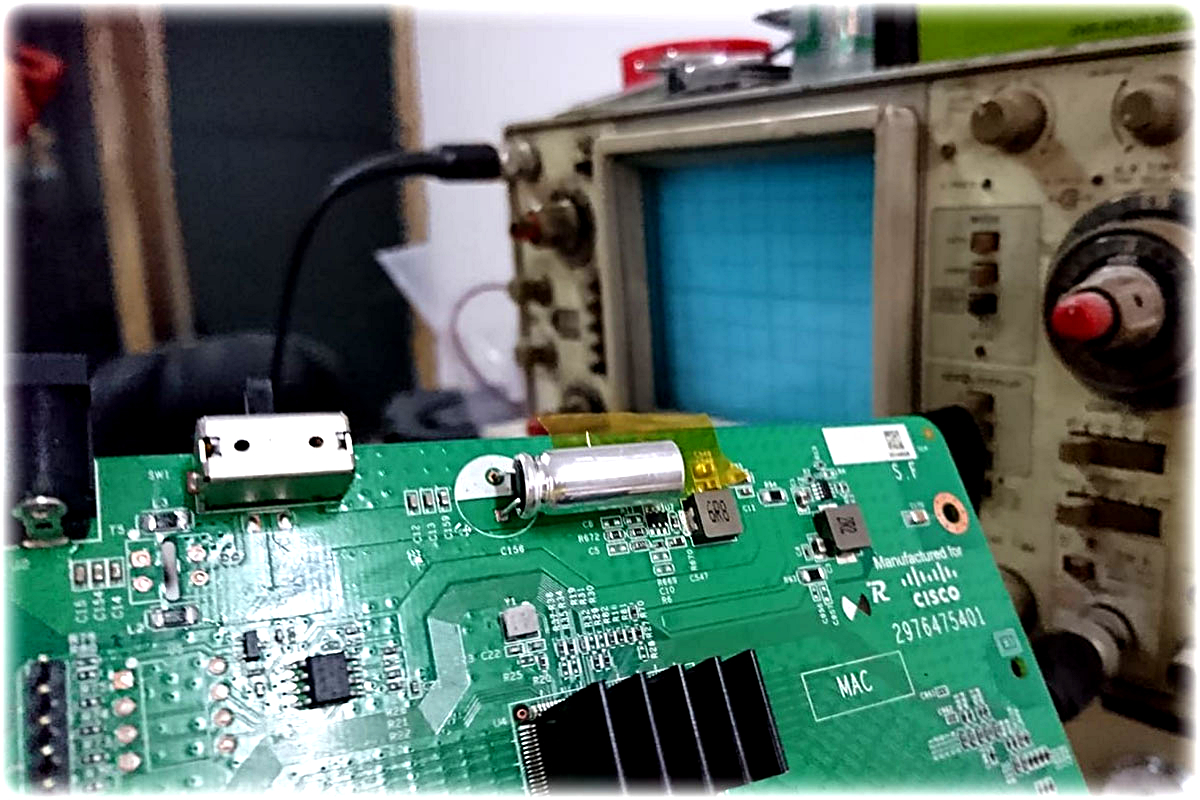I can't say what you should do, but if I were in the market for a DAC, I would not simply or literally buy the one that measures best - but I would act in the
spirit of buying the one that measures best. Specifically, I would narrow down the choices to ones that are within my budget. Then I would look at each DAC's available inputs and any other features I might want. Then I would look at measurements, and while I would not necessarily choose the one with the very best measurements, I would certainly rule out any models whose measurements fall below a certain threshold.
That threshold is determined by (a) my best understanding of the minimum specs for transparent sound given human hearing/perception; and (b) what levels of performance are available at my price point. Given the multitude of very well-performing, affordable DACs these days, I see no reason to settle for anything with SINAD below, say, -105dB (preferably -110 or more), along with flat frequency response, at least 19 bits' worth of linearity, and excellent jitter and IM distortion performance.
So I'd be left with several affordable, well-performing DACs with the inputs and other features I want. A that point I would investigate apparent build quality, design of the unit and its visual interface, and specific prices. I would get the DAC that hit my "sweet spot" of price, build quality, and visual/interface design.
But all of this is predicated on two beliefs that I hold, based on my listening experience and my understanding of how electronics work:
- High fidelity (lack of coloration, distortion, nonlinearity, or "voicing") is consistent with me "liking the sound" of a piece of equipment; and
- Measurements, when taken properly and when used to measure all the main aspects of a unit's functionality, are a reliable indicator of fidelity.
If you don't believe both of these things - or you're not sure if you do - then the process of choosing a DAC can become much more complicated, usually more expensive, and IMHO much more of a crapshoot.
As I've noted elsewhere (maybe in this thread, can't recall), I think things get less cut-and-dried when it comes to transducers (aka speakers for a listening/playback setup) - measurements are still key for me with those, but I would never buy speakers without listening to them first unless they were relatively easy to ship and there was a 100% money back guarantee with return shipping cost included.


